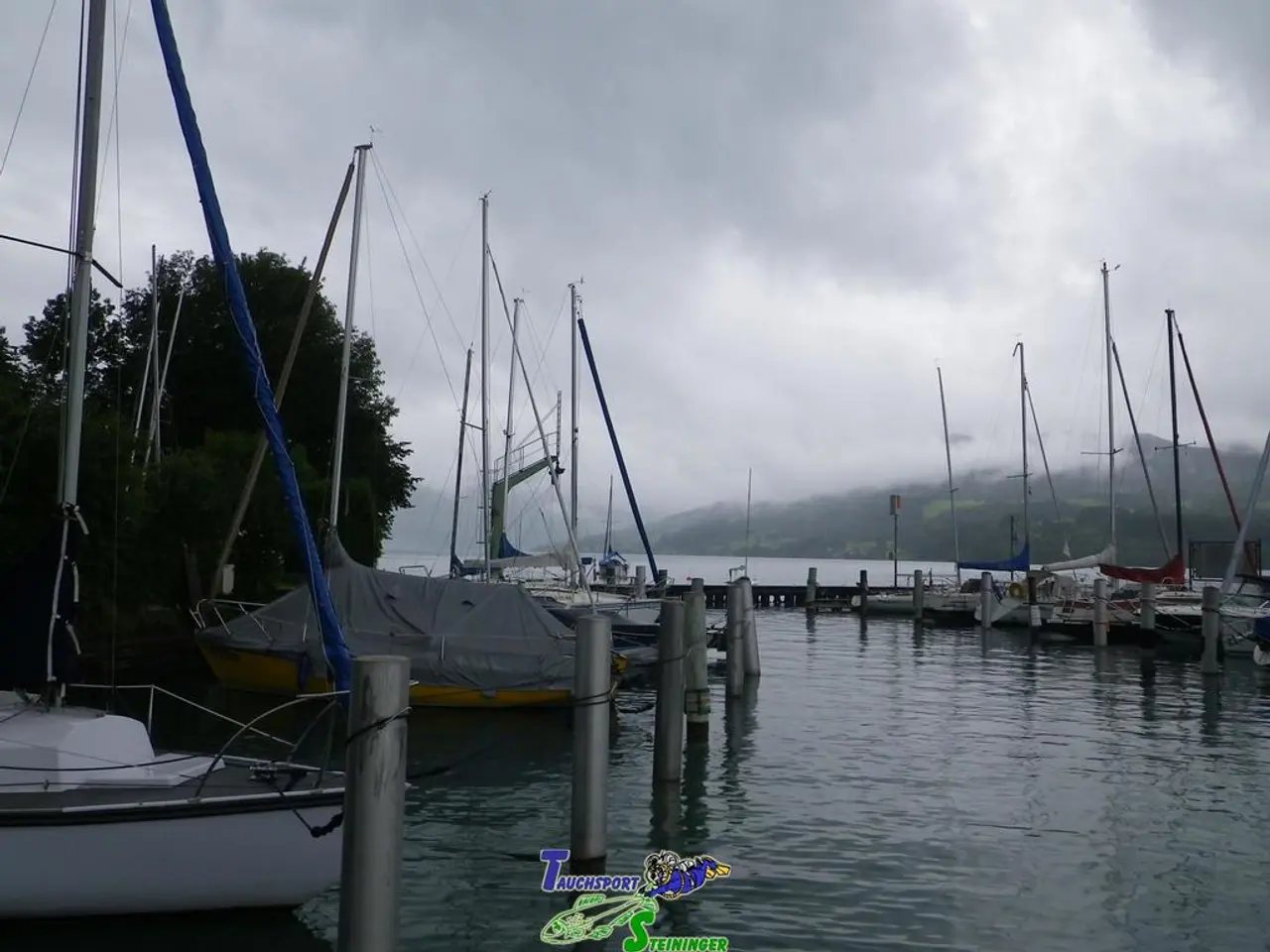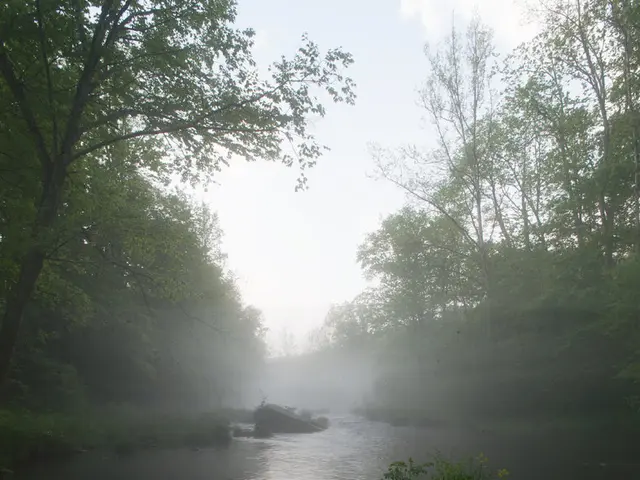ECU Team Discovers Four Undocumented Shipwrecks in Cape Fear River
A team of graduate students and maritime archaeologists from East Carolina University has discovered four previously undocumented shipwrecks in the Cape Fear River, near Brunswick Town. The discovery was made during an expedition that also documented three other wrecks, providing valuable insights into the colonial past of the region.
The discovery was largely driven by students participating in ECU's summer field school, an immersive program combining academic coursework with hands-on research. One of the shipwrecks may be the long-lost Spanish warship La Fortuna, which was destroyed during a failed raid on Brunswick Town in 1748. The research team unearthed 40 preserved timbers from one wreck, with early analysis suggesting a link to La Fortuna. Wood samples from the timbers were identified as Monterey cypress and Mexican cypress, species native to southern California and Central America, aligning with Spanish shipbuilding practices of the period. The recovered timbers are being preserved at ECU's Queen Anne's Revenge Conservation Laboratory. The discovery comes as the shoreline of Brunswick Town is retreating rapidly due to dredging, intensified storms, and stronger tidal action, threatening the submerged shipwrecks. Archaeological work at the site is conducted by the North Carolina State Historic Sites Program in collaboration with the Office of State Archaeology.
The discovery of these shipwrecks offers a unique opportunity to shed light on the colonial history of the region. Further analysis of the recovered timbers and artifacts may provide more information about the vessels and their role in the past. As the shoreline continues to retreat, efforts to preserve and study these historical sites are crucial to understanding and protecting our shared heritage.
Read also:
- Boston Metal pioneers route to commercial production for eco-friendly steel method
- United States Secures $632 Million to Fuel Electric Vehicle Revolution
- Clean energy companies HyFlux and AMRC secure financing from ATI for game-changing advancements in aeroplane cooling systems linked to clean aviation.
- DKSH Upgrades Distribution Operations Through Significant Technological Renovation








